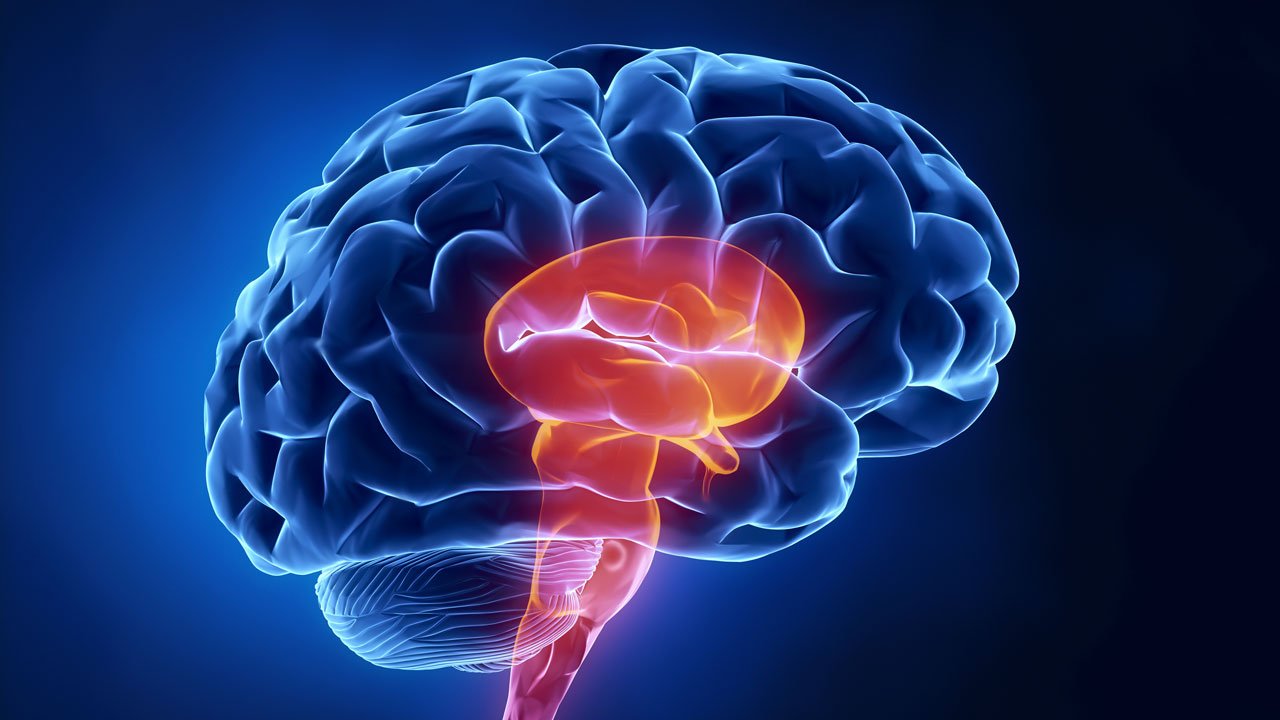
Image credit: shutterstock
A global blood test for concussion could be a step closer after Australia's Monash University-led study discovered specific proteins or biomarkers that can help diagnose concussions relatively quickly and accurately.
Once approved, a blood test identifying these biomarkers could improve the diagnostic process of concussion following accidents, sport-related collisions, or other injuries, aiding management and recovery. It would be used alongside, rather than replace existing diagnostic measures such as physical signs and symptom self-reporting, to improve accuracy.
There is no blood test approved globally for concussion, also known as mild traumatic brain injury. While a CT scan can be used to detect a brain bleed after concussion, most concussions do not result in brain haemorrhage. The new study looked at four protein biomarkers.
The collaborative study between Monash University researchers and The Alfred Emergency Department (ED) clinicians discovered that blood levels of three proteins, each reflecting different aspects of the biology of brain trauma, provided precision in classifying concussion for patients under the age of 50 who present to an ED within six hours of injury.
Co-study lead and Monash University Professor Biswadev Mitra, who is Director of Emergency Medicine Research at The Alfred, said if further research validated these results and biomarkers were granted regulatory approval in Australia, they could increase diagnosis certainty not just for clinicians but for patients too, enabling earlier management. The project also identified another biomarker that could help in diagnosis much later after a concussion.




